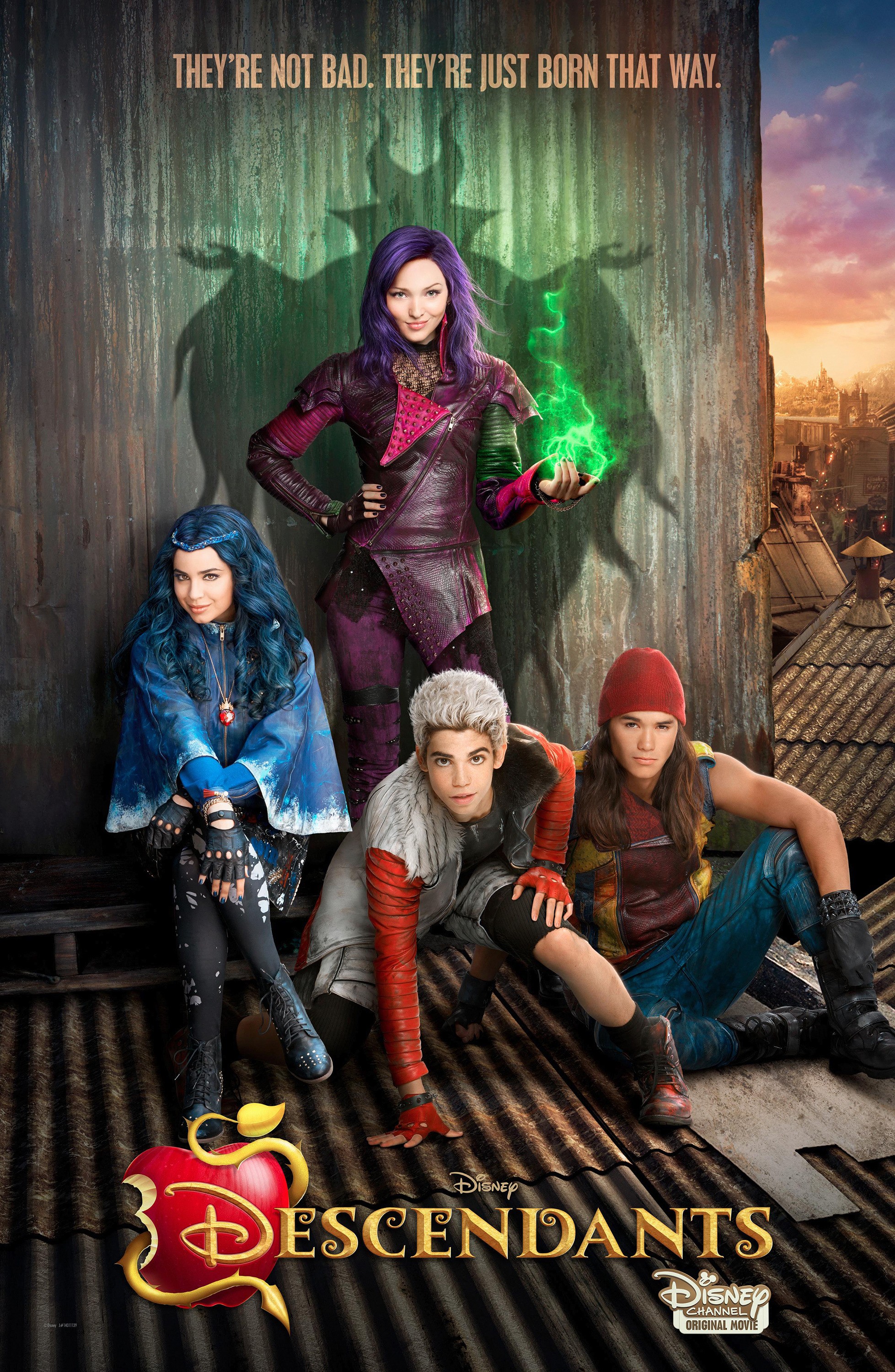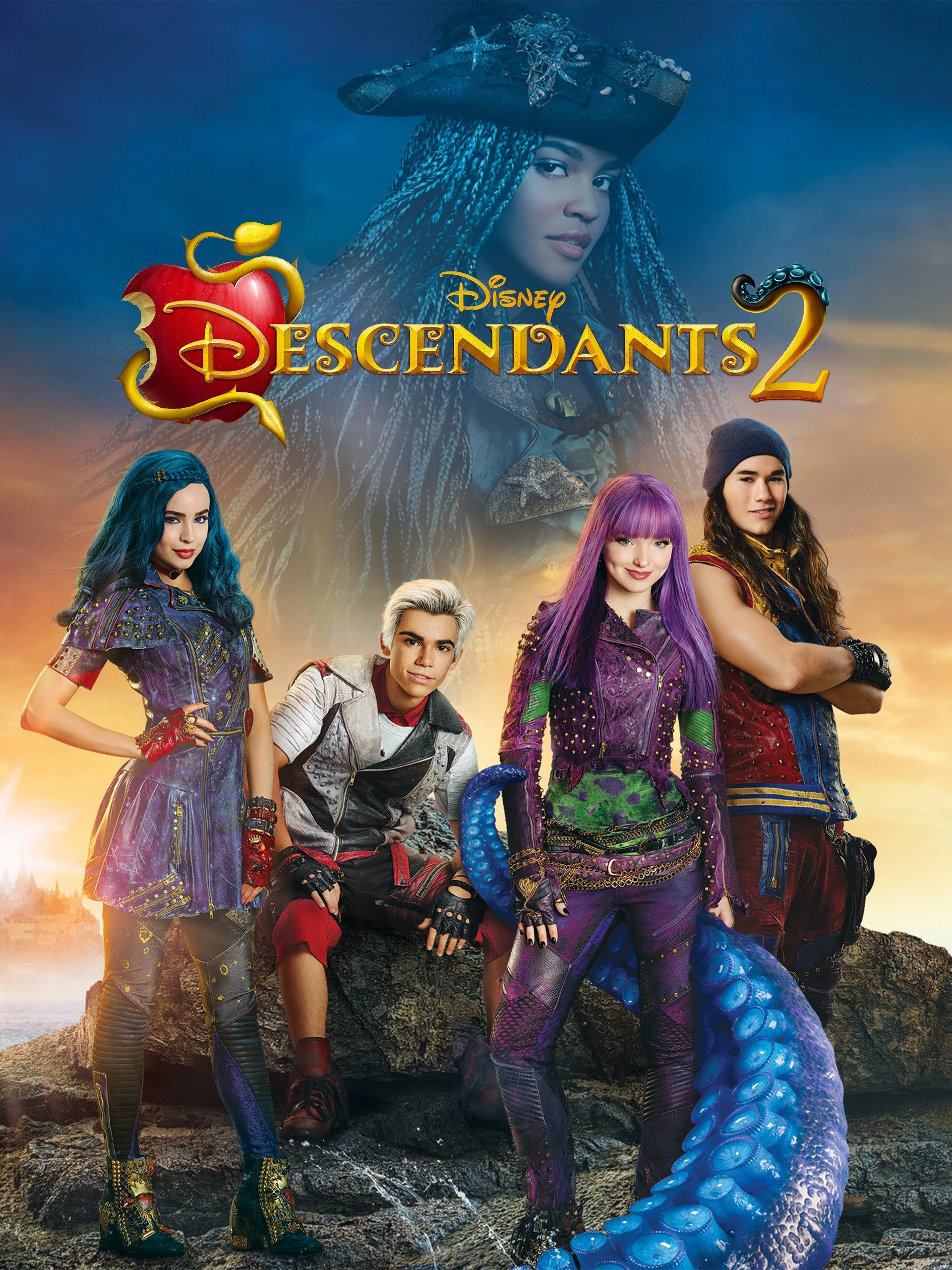Who Are The Descendants Of Iran Today? Tracing Ancient Roots To Modern Identity
Have you ever wondered about the rich tapestry of people who call Iran home today? It's a question that, you know, really opens up a fascinating look into history and culture. For many, figuring out who the descendants of Iran are today means going back through centuries of stories, events, and even, like, ancient texts. It’s a journey that reveals a lot about how a nation's people come to be.
This exploration takes us far beyond just current borders, into the very origins of a people whose influence has, in a way, spread across vast regions. We'll be looking at how ancient civilizations played a part in shaping who Iranians are, and how their culture has evolved. So, it's a pretty interesting topic for anyone curious about the past and its connections to the present.
Understanding the history of the people in Iran today is, quite honestly, crucial for grasping the dynamics of this vibrant culture. It helps us see how different historical events, conquests, and interactions with various other cultures have, you know, shaped their identity over time. This article will help you get a better sense of these deep roots.
- Is Danny Devito Religious
- How Much Is It To Hire Leonardo Dicaprio
- How Did Shannon Bream Meet Her Husband
- Does Yung Gravy Have Radial Palsy
- Who Did Shannon Bream Replace On Fox
Table of Contents
- Ancient Roots of Iranian Identity
- The Pahlavi Dynasty and Iranian Royalty
- Iranian and Arab Connections
- Biblical Perspectives on Iranian Ancestry
- People of Modern-Day Turkey and the Levant
- The Ottoman Empire and Iranian Influence
- Frequently Asked Questions About Iranian Descendants
- Conclusion
Ancient Roots of Iranian Identity
When we talk about who the people of Iran are today, we are, in a way, looking at the descendants of ancient Persia. This is a well-known fact, and it’s a very important part of their identity. To call an Iranian an "Arab" would, quite honestly, be rather offensive to many, because their historical paths are distinct, even if they share some connections.
The genesis of an empire, you see, often tells us a lot about the people who come from it. The journey of the ancient civilizations that shaped Iran is a truly long one. These civilizations laid the groundwork for the culture that has evolved through centuries. It's a story of many historical events and interactions that have, sort of, molded the people over time.
The culture of Iran, as a matter of fact, has changed and grown through countless historical events. There have been conquests, and also, you know, interactions with a whole bunch of different cultures. These influences have created a unique cultural heritage that is very much alive today. It’s a rich blend that makes Iranian identity so distinct.
- Who Is The Settlement Attorney
- How Many Times Has Sandra Howard Been Married
- Is Lucy Devito Related To Danny Devito
- Did Emily Have Her Third Baby
- Who Is Emily Attacks Boyfriend
The Pahlavi Dynasty and Iranian Royalty
Understanding the Pahlavi family tree is, basically, crucial for grasping the dynamics of Iranian royalty. It also helps us understand the events that happened around the 1979 revolution. This dynasty, known as the Pahlavi dynasty, was, in some respects, the last royal family to rule Iran. Their time on the throne ended when the country's monarchy was abolished by the Iranian revolution in 1979.
The history and legacy of the Pahlavi royal family are, you know, quite significant. They were Iran's last ruling dynasty, and their impact on the country's culture, politics, and society was, honestly, quite profound. Learning about them gives us a better picture of Iran's more recent past and how it connects to the present day.
Mohammad Reza Pahlavi and His Family
Mohammad Reza Pahlavi was, of course, a central figure in this royal line. His life and the lives of his family members were, like, deeply intertwined with Iran's destiny. The media reported that some monarchist elements had, apparently, advised the Shah to oust Reza in favor of his younger son, Ali Reza, who was, you know, 13 at the time. This gives you a sense of the internal dynamics that were playing out.
His wife, Yasmine, has neither. Their three daughters, raised in the… This part of the family also holds a place in the story of the Pahlavi lineage. The family's experiences, especially after the revolution, show how dramatically life changed for those connected to the monarchy. It's a very human aspect of a big historical shift.
Reza Pahlavi's Succession
Reza Pahlavi's swearing-in as the new king of Iran on 31 October 1980 at Koubbeh Palace in Cairo was, in a way, a moment of transition for the royal family. Reza Pahlavi came to Cairo, Egypt, in March 1980 with his family. This happened when his father, Mohammad Reza Pahlavi, was ill and in the last weeks of his life. So, it was a time of great change and uncertainty for them.
Iranian and Arab Connections
While Iranians are, basically, the descendants of ancient Persia, and calling an Iranian an "Arab" is often seen as offensive, there are, you know, deep links between the Arab and Iranian worlds. These connections run deep, particularly with adherence to Islam. This shared faith has created cultural and historical ties that are still felt today.
Many Arabs, particularly Saudi Arabians, are, as a matter of fact, descendants of Abraham's son. This highlights a different lineage, but it also shows how various peoples in the region have shared, you know, a common ancestral figure, even if their paths diverged greatly over time. It’s a bit like different branches on a very old tree.
Biblical Perspectives on Iranian Ancestry
Have you ever wondered what the Bible says about the nations we hear about in the news, especially Iran? This ancient text, you know, offers insights that can help you understand the historical and spiritual connections between Iran and the broader biblical narrative. It’s a very interesting way to look at their past.
Today, identifying the descendants of the 12 tribes of Israel involves, quite honestly, a complex web of historical events, migrations, and cultural assimilations. Jewish communities worldwide, especially those tracing their ancestry to the Ashkenazi, Sephardic, and Mizrahi traditions, maintain, you know, connections to specific tribes. This is a different lineage from the Iranian one, but it shows how ancestry is traced in ancient texts.
The number 70, many times, symbolizes judgment or a perfect spiritual order and is, in a way, the foundation of the table. Jacob's family, for example, which came out of Shem's line in the table of nations, totaled a certain number. This kind of detail from ancient texts helps illustrate how different groups are, you know, traditionally understood to be related.
People of Modern-Day Turkey and the Levant
In modern-day terms, a large portion of the peoples residing in modern-day Turkey are, apparently, descendants from Esau. This is a historical connection that some people find quite interesting. It shows how ancient lineages can, you know, be traced to present-day populations in different regions.
Most Syrians and the Kurdish people of Iraq are, you know, also descended from Esau. This lineage connects them to a shared ancestral past, even though they live in different countries today and have their own distinct cultures. It’s a fascinating look at how groups are related across borders, basically.
The Ottoman Empire and Iranian Influence
Iranian influence was, you know, also a principal factor in the Ottoman Empire. This shows that the impact of Iranian culture and history wasn't just limited to its own borders. It spread and played a role in shaping other significant empires and regions. It’s a testament to their long-standing historical importance, you know.
The interactions between Iran and the Ottoman Empire are, as a matter of fact, a rich area of historical study. These interactions show how cultures can influence each other over long periods, even when they are, you know, sometimes in conflict. It really highlights the interconnectedness of historical powers in the region.
Frequently Asked Questions About Iranian Descendants
Are Iranians Arabs?
No, Iranians are, basically, the descendants of ancient Persia. While there are deep links between the Arab and Iranian worlds, particularly through Islam, to call an Iranian an "Arab" would, you know, be rather offensive to many. Their historical and cultural origins are distinct.
What is the Pahlavi dynasty?
The Pahlavi dynasty was, in a way, an Iranian royal dynasty. It was the last to rule Iran before the country's monarchy was abolished by the Iranian revolution in 1979. Understanding their family tree is, you know, crucial for grasping the dynamics of Iranian royalty and the events surrounding the revolution.
How has Iranian culture evolved?
Iranian culture has, you know, evolved through centuries of historical events, conquests, and interactions with various cultures. The journey of the ancient civilizations that shaped Iran is a long one, and their influence has created a unique and rich cultural heritage that is very much alive today. You can learn more about ancient civilizations and their impact on our site.
Conclusion
So, tracing who the descendants of Iran are today reveals a truly rich and complex history. From the ancient civilizations that shaped the land to the Pahlavi dynasty's recent past, the story is, you know, one of deep cultural evolution. The connections to biblical narratives and even neighboring peoples like those in modern-day Turkey also add, in a way, more layers to this fascinating identity.
The Iranian people's culture has, you know, been forged through countless historical events, conquests, and interactions with many different cultures. This long and varied past has created a unique heritage that stands apart. It's a testament to their resilience and the enduring power of their cultural roots.
To really get a sense of this rich background, you can learn more about Iranian history on our site. Also, to get a better sense of how these historical threads connect to the present day, you might want to explore Iranian cultural heritage on this page.
- What Is An Asynchronous Coding Agent
- Who Did Shannon Bream Replace On Fox
- Are Alina And Ilias Together
- Who Is John Conley Married To
- What Is Danny Devitos Most Famous Role

Descendants (2015) - Posters — The Movie Database (TMDB)

Descendants - Disney Wiki

Les Descendants Disney Descendants Movie Disney Art D - vrogue.co